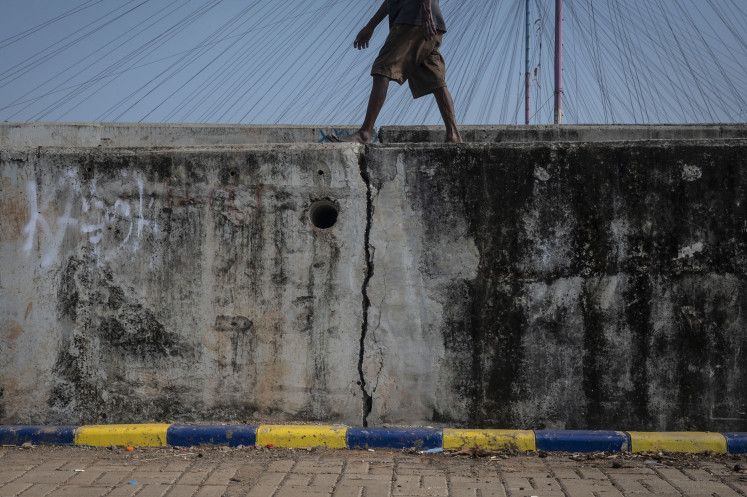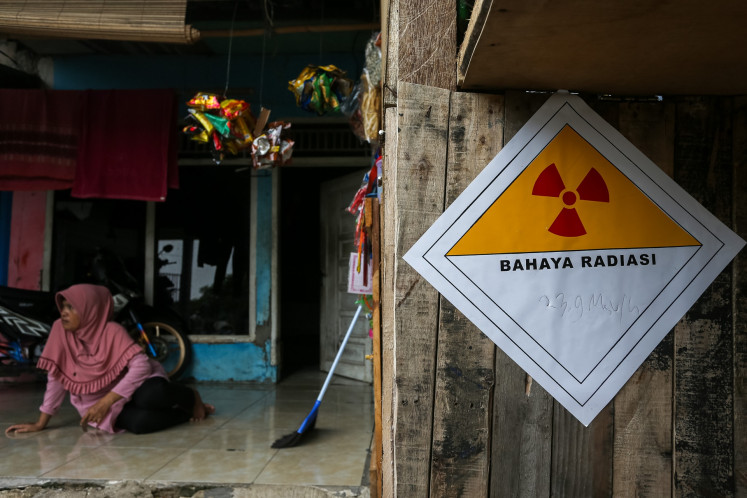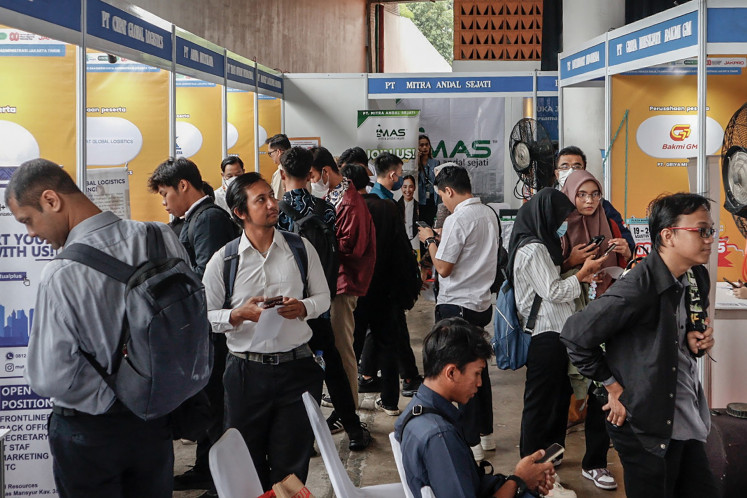Popular Reads
Top Results
Can't find what you're looking for?
View all search resultsPopular Reads
Top Results
Can't find what you're looking for?
View all search resultsThe power of mattering: Creating a culture of significance
Given that mental well-being is emerging as an unspoken crisis—especially among young professionals—creating a culture of mattering is no longer a sentimental gesture; it is a strategic imperative.
Change text size
Gift Premium Articles
to Anyone
A
quiet yet profound revolution is emerging in Southeast Asian workplaces. It isn't driven by automation, artificial intelligence or the "future of work", but by a fundamental human need: mattering. Amid relentless competition, rising expectations and the constant drive for efficiency, people are asking a deceptively simple question: Do I matter here?
For leaders across this dynamic region—from tech start-ups in Jakarta to family conglomerates in Bangkok—this question carries profound implications. Organizational success will increasingly depend not just on how well they reward or reskill their talent, but on how deeply they make their people feel seen, valued and significant.
The workforce in Southeast Asia has transformed dramatically over the last two decades. A generation raised with connectivity, social media and expanded education now fills offices and factories. They aren't satisfied with stability alone; they seek purpose, belonging and meaning beyond transactional work.
Sociologists observe that societies in rapid transition often experience a collective questioning of meaning. In the region's bustling cities, economic growth has often outpaced emotional adaptation. Young professionals are better educated and more globally exposed, yet they frequently feel uncertain about their personal worth within systems still shaped by hierarchy and deference.
Psychologists define "mattering" as the feeling that one’s presence makes a difference—that what one does is both noticed and valued by others. It is more than self-esteem; it is relational and reciprocal. When leaders cultivate mattering, they aren't just motivating employees—they are anchoring them in a shared sense of significance.
Traditional leadership in much of Southeast Asia has been rooted in authority and respect. Cultural virtues like filial piety, gotong royong (mutual cooperation) and social harmony have fostered cohesion for generations. However, these virtues, when applied without adaptation, can unintentionally suppress the voices of the young and imaginative.
The new generation doesn't reject authority—they respect it—but they also expect dialogue. They value contribution over compliance and seek mentors rather than just managers. Leading them effectively requires engaging the intellect and the heart.



















